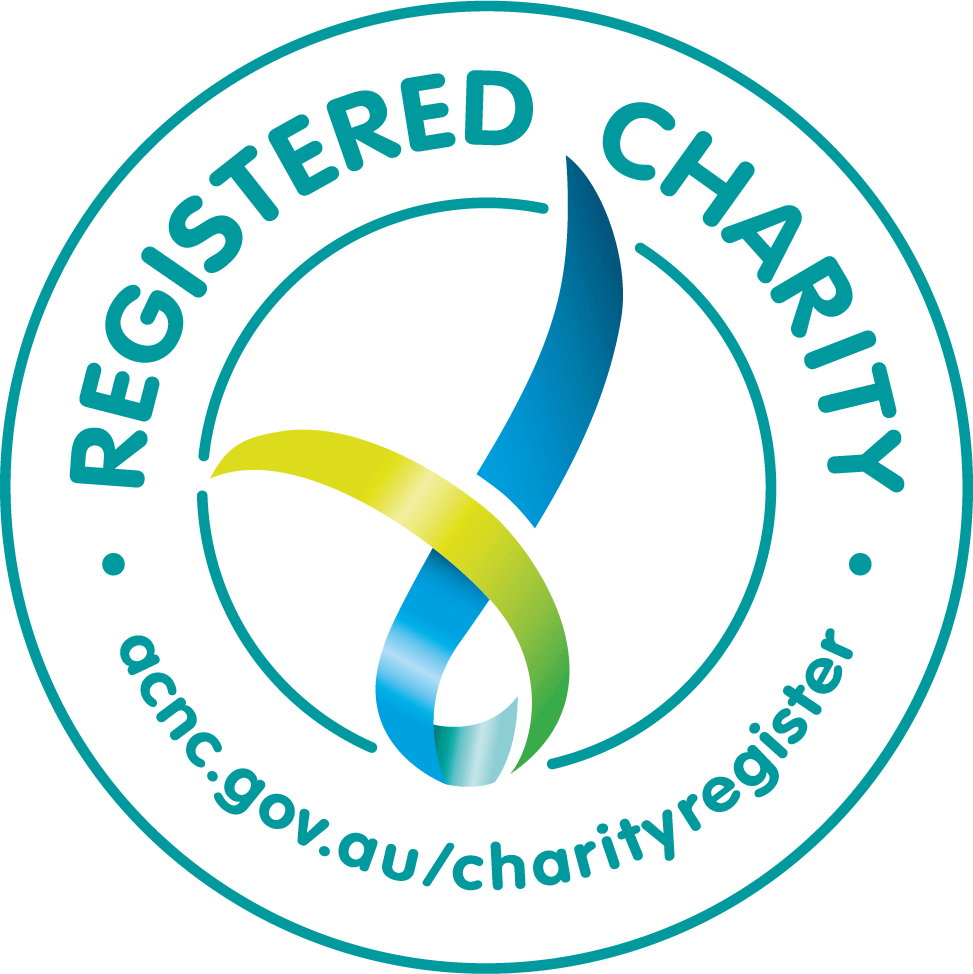Certificate of Pastoral Care
Academic Level
Certificate/Diploma
Duration
4-6 Months
Assessment
Yes. Certificate of Completion
Study Method
Online
Preview Certificate of Pastoral Care

Certificate of Pastoral Care Overview
The Certificate of Pastoral Care training focuses on learning how to share the wholeness of Christ through pastoral care and biblical counselling. It is ideal for those who are seeking to help others and be a good prayerful ear.
The Certificate of Pastoral Care is a biblical approach to caring for people in the community, local church or ministry context. In addition, you will learn when to refer people in your care to professional counsellors or more experienced pastors.
Who is the Certificate of Pastoral Care for
-
This certificate is a foundational qualification and is designed for those who want to learn the introductory skills of pastoral care and counselling.
-
It is ideal for those in pastoral care, small group setting or any ministry that is focused on listening and caring for people in a practical way.
What you will learn
Pastoral Care
-
How to care for people pastorally. You will be provided with the tools and teaching to work within a good pastoral care team.
Counselling Basics: Part 1
-
The introductory skills and knowledge required to establish and apply a biblical Christian counselling approach. You will also learn about mental illness and depression in relation to understanding and renewing the mind.
Counselling Basics: Part 2
-
The theology of emotions and the emotions that are encountered in counselling and life including; anger, anxiety, grief & loss, guilt & shame and conflict. You will then learn about forgiveness, inner healing, prayer and pastoral counselling.
Included Courses
Preview Pastoral Care
This course will equip individuals to care for people pastorally, providing them with tools and teaching them to work within good pastoral care systems.
Curriculum Covered
- What is Pastoral Care?
- Biblical & Historical Perspectives
- The Gift & the Role
- Discipleship vs Pastoral Care
- Pastoral Care in the Church
- Pastoral Care in the Community
- Pastoral Care Skills
- Systems
- Legislation
- Confidentiality
- Records
- Referrals
- Team-based Pastoral Care
- Understanding Others – Uniquely Created
- Understanding Others -Worldview
- Strengths Finder
- Spiritual Gifts
- Self-Care
- Boundaries
- Relationship Health
- Communication
- Conflict
- Solutions Focused
- Social Media
- Crisis Care
- Practical PC Meetings
- Millennials
About your instructor

Regan Perry
Regan firmly believes that you never stop learning and enjoys creating pathways for others to discover their full potential. He has lead & served on church staff, coordinating teams & interns, and overseen ministry programs and campus facilities.
Course Reviews
GOD saves
This course was very informative. Very good overall.
Amazing course!
I am taking this course from the US and I am extremely grateful for the content and how practical it is to apply to life situations! The pastors came together to create content that is truly wholesome and that could be used across a wide range of denominations. I am confident that I can use what I’ve learned her to care for the people that I serve in a greater capacity! THANK YOU!
Overall teachings on Pastoral Care - everything!
Some things i can relate to and others i have learnt more how to!
Play to Preview Counselling Skills
Counselling Basics: Part 1 is an introduction to the skills and knowledge required to establish and apply a biblical Christian counselling approach. We also discuss mental illness and depression in relation to understanding and renewing the mind.
Curriculum Covered
- Course Description
- Introduction to Counselling Basics
- Goals of Pastoral Counselling
- Theology of the Human Person
- Role Play #1 – Building Rapport
- Counselling Theories
- All Counselling Techniques
- Skills Overview
- Assessing the Severity
- Role Play #2 – Active Listening
- Understanding & Renewing the Mind
- Emotions
- How we View & Respond to the World
- Mental Illness& Depression
- Role Play #3 – Building Micro skills
About your instructor

Pastor Grant Buchanan
Prior to Bible teaching, Grant served as a full-time pastor and school chaplain. Although a lecturer in theology and biblical studies with a focus on Pauline theology and the Gospels, Grant also operates as a professional counsellor and is working towards the completion of this Doctor of Philosophy by exploring a pneumatological reading of Galatians in light of 6:15 and the impact this has on Christian identify.
Course Reviews
GOD saves
The counseling was very good. I learnt a lot of new things that I can certainly apply in the future.
Brilliant
So pleased I did this course. All aspects were great.
Thank you so much.
I highly recommend this course
Excellent series of topics. Great information. Grant was so interesting and easy to understand, presenting the sessions with clarity,wisdom and insight. Thank you Grant and all the team at who made this course happen. God bless you.
Play to Preview Counselling Skills
Counselling Basics: Part 2 discuss the theology of emotions & the emotions that are encountered including; anger, anxiety, grief & loss, guilt & shame and conflict. Then discusses forgiveness, inner healing and prayer and pastoral counselling.
Curriculum Covered
- Course Description
- A Theology of Emotion
- Anger
- Anxiety
- Supporting People & their Emotions
- Role Play #4 Reflecting & Paraphrasing
- Grief & Loss (Part 1)
- Grief & Loss (Part 2)
- Grief & Loss (Part 3)
- Role Play #5 – Empathy Statements
- Guilt & Shame
- Forgiveness
- Conflict
- Solution Focused Therapy
- Role Play #6 ‘Solution Focused Counselling’
- Ethics
- Group Dynamics
- Referral
- The Holy Spirit
- Prayer & Pastoral Counselling
- Inner Healing
- Course Summary
About your instructor

Pastor Grant Buchanan
Prior to Bible teaching, Grant served as a full-time pastor and school chaplain. Although a lecturer in theology and biblical studies with a focus on Pauline theology and the Gospels, Grant also operates as a professional counsellor and is working towards the completion of this Doctor of Philosophy by exploring a pneumatological reading of Galatians in light of 6:15 and the impact this has on Christian identify.
Course Reviews
GOD saves
The counseling was very good. I learnt a lot of new things that I can certainly apply in the future.
Brilliant
So pleased I did this course. All aspects were great.
Thank you so much.
I highly recommend this course
Excellent series of topics. Great information. Grant was so interesting and easy to understand, presenting the sessions with clarity,wisdom and insight. Thank you Grant and all the team at who made this course happen. God bless you.
Certificate of Pastoral Care Enrolment Options
Monthly Subscription
- Biblical care and counselling skills
- 3 Specifically Designed Courses
- Access with an active subscription
- 65 Lessons
Upfront Payment
- Biblical care and counselling skills
- 3 Specifically Designed Courses
- Lifetime access to all resources
- 65 Lessons
Certificate of Pastoral Care Snapshot
-
3 specifically designed courses
-
65 lessons
-
21 hours on-demand video
-
Certification
-
Full lifetime access
-
Access on computer, mobile devices and TV
-
All learning resources, handouts and E-library at no extra cost
-
Personalised Certified Certificate of Completion
Certificate of Pastoral Care Reviews
I highly recommend this course
Thorough, Practical, interesting and Helpful
This has been a wonderful experience
Certificate of Pastoral Care Requirements
-
This qualification only requires a desire to see people cared for in a pastoral, family or ministry setting.
-
A heart to make a difference in peoples lives.
-
Learners are welcome to commence this qualification at any time
-
A computer, tablet or smartphone is required
-
No additional software is required
-
Internet connection is required
-
Lessons are presented in English
All assessment tasks must be completed to be certified
- Learners are required to complete all video lessons
- Each lesson has a short multiple choice quiz
- There are no essays to be written in this qualification

